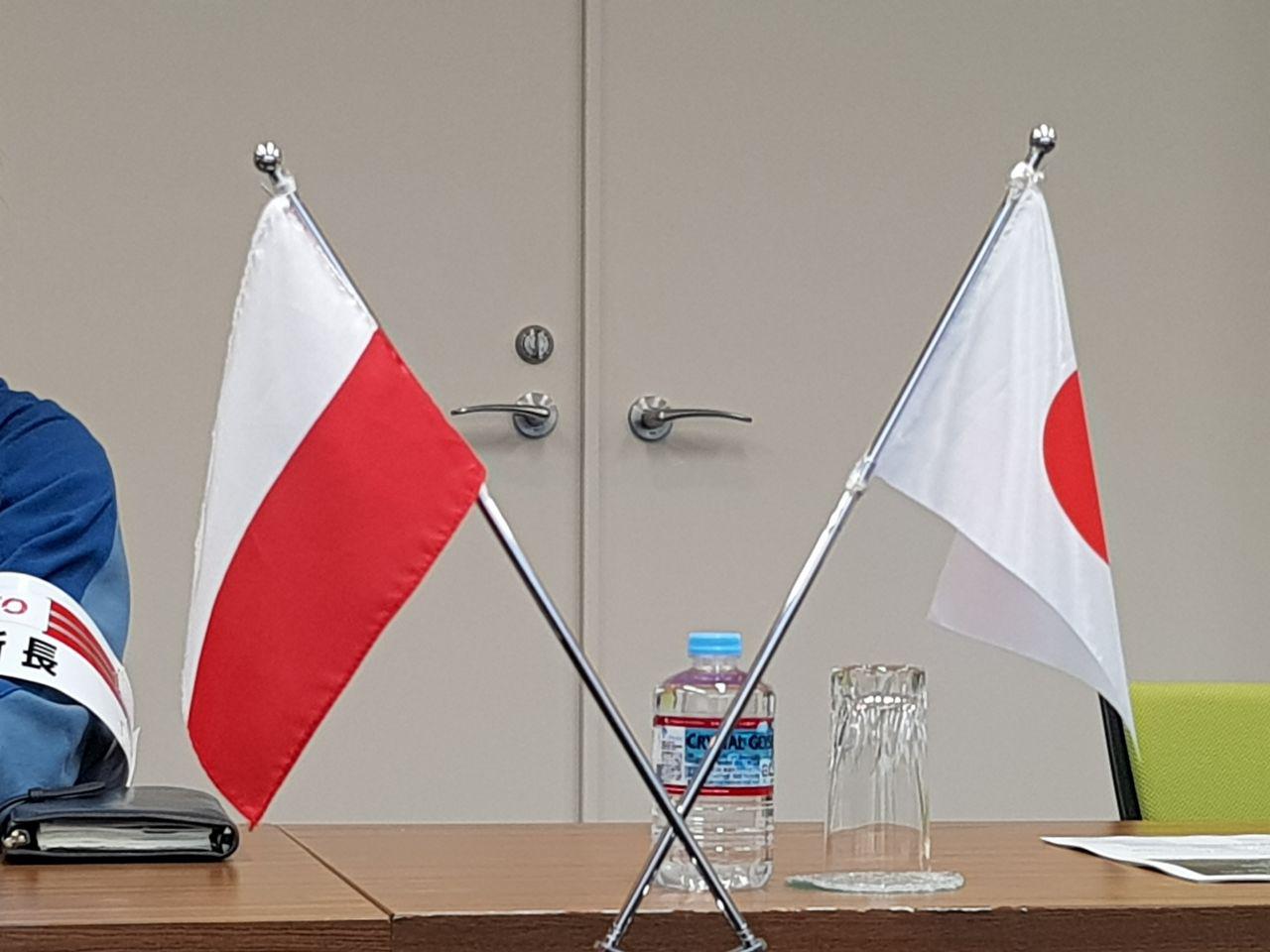Poland intends to develop nuclear projects with the United States and South Korea, but Japan may be a new potential partner for cooperation. Tokyo and Warsaw have a similar approach to the energy transition and the role of nuclear power in the energy mix, and the experience of companies from the land of the rising sun can help in the implementation of SMRs in Poland.
On 2 October a conference on supporting Polish-Japanese industry cooperation with the participation of the Climate Ministry and the Center for International Cooperation of the Japan Nuclear Industry Forum took place.
It should be mentioned that Poland and Japan have a similar approach to the energy transition – sticking to fossil fuels until a full launch of nuclear energy.
According to the representatives of the Japanese Embassy the world only talks about American, Korean or French nuclear technology, but Japanese companies also offer a wide range of services.
„Our long-term cooperation around the atom is a hot topic due to the geopolitical and environmental situation. Japan wants to restore its status as a nuclear power country. The government in Tokyo is restoring and commissioning new nuclear reactors. This technology helps in the fight against the energy crisis and is a remedy in meeting climate goals. By 2043, we will generate between 6 and 9 GW of nuclear power in Poland. Many Polish companies have experience in the field of nuclear energy, and also participate in various projects around the world including in France, Hungary and Slovakia,” says Paweł Pytlarczyk Director of the Department of Nuclear Energy at the Ministry of Climate and Environment.
„Japan has a lot of experience in developing nuclear energy. In the near future, we plan to launch as many as 17 new nuclear reactors. Our suppliers play an important role in nuclear projects and SMRs. Security is our priority because we have learned from the Fukushima disaster. For Poland, Japan is the best partner to develop nuclear power with,” said Akio Miyajima, the Ambassador of Japan to Poland.
In 2019, 69 percent of energy in Japan was produced from fossil fuels (coal – 32 percent, gas – 37 percent), the atom accounted for only 6 percent, and the share of solar and wind energy (18 percent) was gradually increasing. By 2030, RES will account for about 39 percent of the energy mix, the nuclear power for approx. 22 percent, gas – 20 percent, coal – 19 percent, other – 2 percent.
It is interesting that after the Fukushima disaster in 2011, the government in Tokyo began to limit the role of the atom in the country’s energy mix. However, the energy crisis and Russia’s invasion of Ukraine made Japan decide to return to the atom, as the country does not have its own coal resources and is dependent on imports of fossil fuels.
Jacek Perzyński









